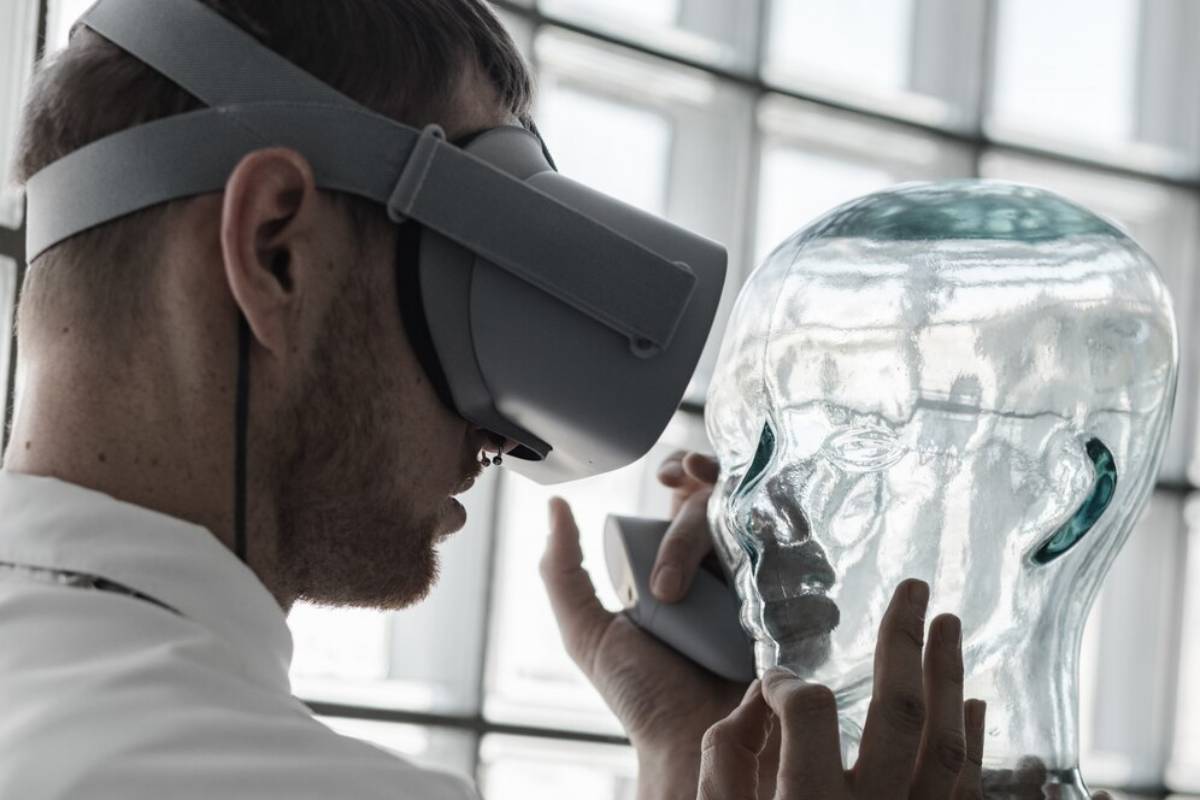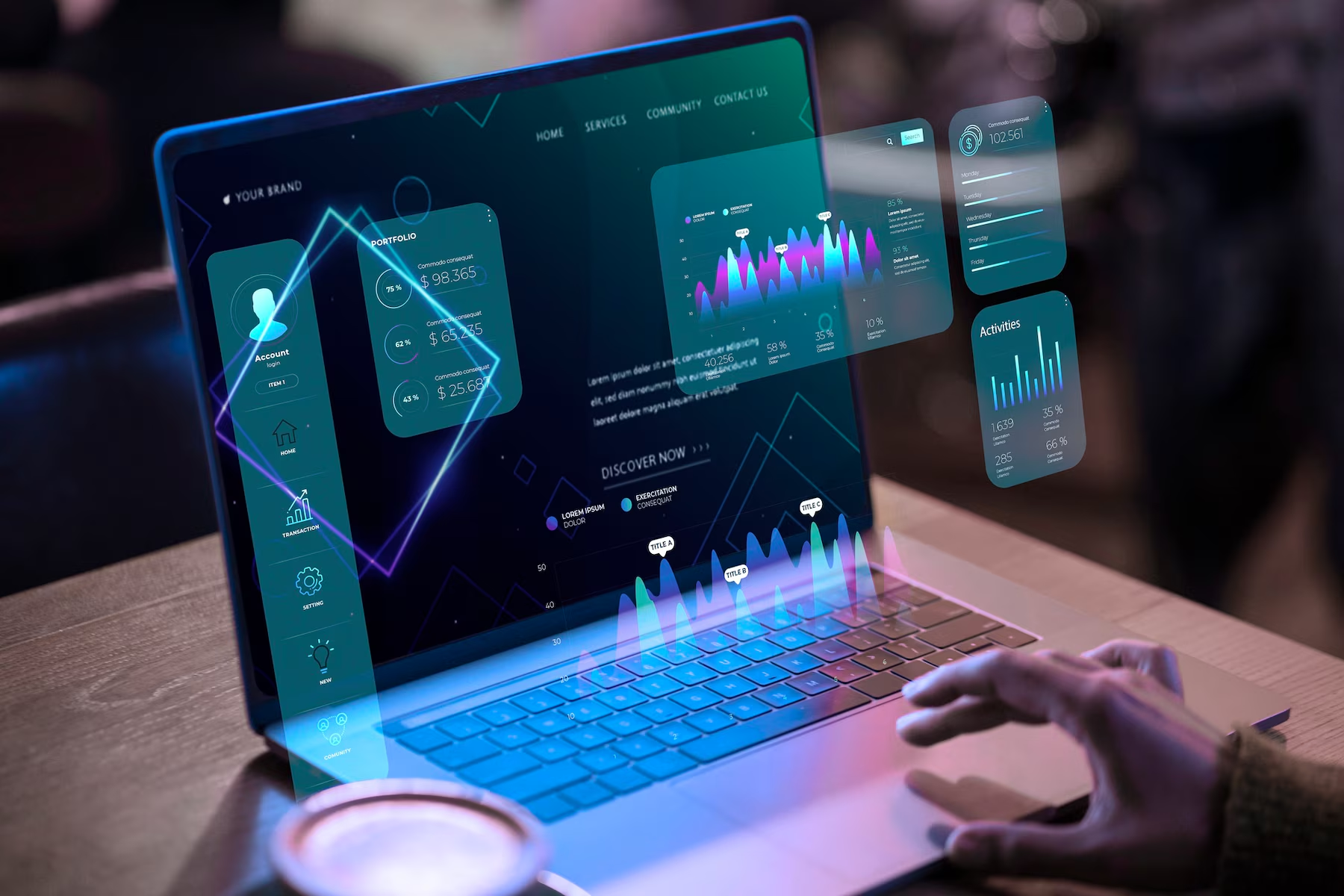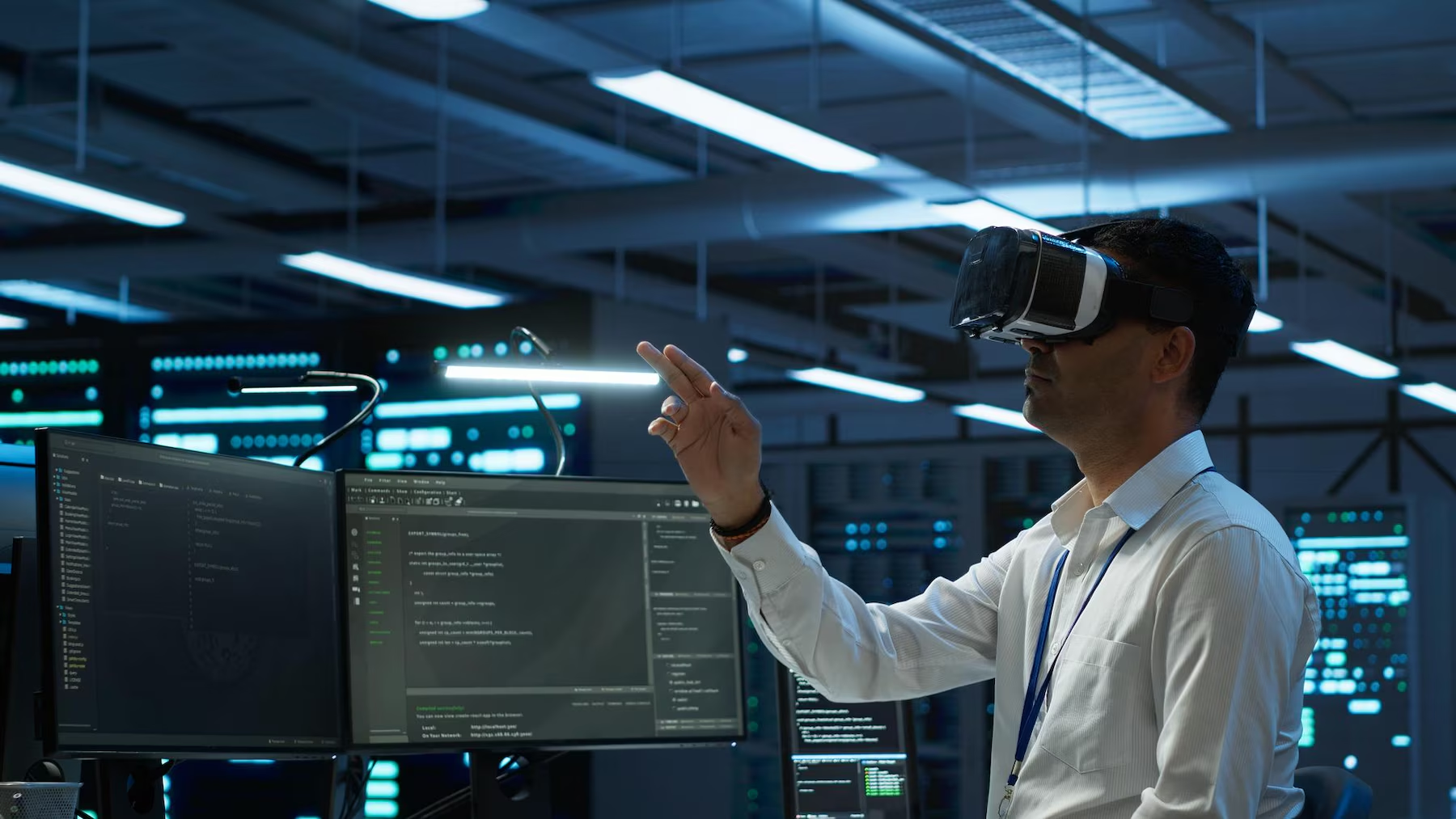
How to Prepare for the Future of AI: What to Expect in the Next Decade
Artificial Intelligence (AI) transforms how we work, live, and interact with technology. In the last ten years, AI has changed a lot. It has moved from basic automation to advanced machine learning. Now, it can handle natural language processing, computer vision, and decision-making. But what does the future of AI look like? Over the next ten years, how will AI technology trends shape industries, businesses, and society?
The next decade will see fast AI growth, including advances in this blog, where we’ll explore key predictions, challenges, and opportunities that will define the future of AI.
Pro Tip:
Stay adaptable—learn AI-related skills, monitor industry trends, and leverage AI tools to enhance productivity rather than fear automation.
Quick Guide: AI Trends That Will Shape the Next Decade
- Artificial General Intelligence (AGI) Development – Advancements in AI self-learning models could bring AGI closer to reality.
- AI and Jobs: Automation vs. Augmentation – AI will automate repetitive tasks but create new roles in AI ethics, training, and integration.
- AI in Healthcare – AI-driven diagnostics, robotic surgery, and virtual health assistants will improve medical outcomes.
- AI Ethics & Regulations – Increased focus on transparency, bias reduction, and responsible AI deployment.
- Smart Cities & AI – AI will optimise urban planning, traffic, and energy efficiency.
- AI in Education – Adaptive learning platforms will personalise education for students worldwide.
- AI-Powered Cybersecurity – Real-time AI threat detection will strengthen digital security.
- AI in the Creative Industry – AI-generated music, writing, and design will revolutionise content creation.
Important:
AI is a tool that enhances human potential. Instead of fearing AI automation, focus on developing skills that complement AI-driven advancements. The future belongs to those who adapt and innovate.
The Rise of Artificial General Intelligence (AGI)

Today, most AI is narrow AI. It focuses on specific tasks, such as recommendation algorithms or chatbots. The goal is to create Artificial General Intelligence (AGI). AGI would think, learn, and adapt like humans across different areas.
Predictions for AGI Development:
- AGI could revolutionise industries by performing tasks currently requiring human cognition.
- Scientists expect significant breakthroughs in machine learning algorithms to enhance AGI capabilities.
- Ethical worries about AI making its own choices will lead to global talks.
AGI is still young, but AI trends show growth in self-learning models. Companies like OpenAI, DeepMind, and Google are at the forefront of this research.
AI and the Job Market: Automation vs. Augmentation
One of the biggest concerns regarding AI’s future is its impact on employment. Will AI take over jobs, or will it create new opportunities?
Jobs That Will Change Due to AI
- Repetitive, manual jobs (e.g., data entry, manufacturing) may become fully automated.
- AI-driven customer service will replace traditional call centres with chatbots and virtual assistants.
- Healthcare AI will assist doctors in diagnosis, medical imaging, and patient monitoring.
New Jobs AI Will Create
- AI ethics officers to ensure responsible AI deployment.
- AI trainers to improve machine learning models.
- Human-AI collaboration experts to integrate AI into workplaces effectively.
AI will change job roles instead of cutting jobs. Workers must learn new skills, such as machine learning, AI ethics, and human-AI interaction.
AI in Healthcare: Revolutionising Medical Treatment
One of the most promising AI technology trends is its integration into healthcare). AI-powered tools enhance diagnostics, personalise treatment plans, and improve patient outcomes.
Key Artificial Intelligence Advancements in Healthcare
- AI-powered medical imaging is improving the early detection of diseases like cancer.
- Robotic surgery systems are allowing for more precise and minimally invasive procedures.
- AI chatbots and virtual doctors are enhancing telemedicine services.
According to a study by PwC, AI in healthcare could contribute up to £8.3 billion to the UK economy by 2030, showcasing its immense potential.
AI Ethics and Regulations: The Need for Responsible AI
As AI becomes more sophisticated, ethical considerations and regulations are becoming more critical. The next decade will see increased scrutiny over AI bias, data privacy, and the impact of AI-driven decisions.
Significant Ethical Challenges in AI
- Bias in AI algorithms leads to unfair hiring, lending, and law enforcement.
- Outcomes data privacy concerns with AI tracking user behaviour and personal information.
- AI weaponisation and its implications in cybersecurity and military applications.
Expected AI Regulations in the Future
- Governments might create AI transparency laws, requiring companies to explain how their AI systems make decisions.
- AI safety frameworks will become standardised to prevent unintended consequences.
- The European Union is already working on the AI Act, which will likely set a precedent for global AI regulations.
AI in Smart Cities: The Future of Urban Living
Artificial intelligence advancements in smart cities will improve urban living through automation, sustainability, and better public services.
AI Applications in Smart Cities
- AI-driven traffic management systems to reduce congestion.
- Smart energy grids optimising electricity usage based on AI predictions.
- AI-powered waste management improves recycling and reduces pollution.
Cities like Singapore, Dubai, and London are investing in AI smart city projects to create more sustainable urban areas.
AI in Education: Personalised and Adaptive Learning
AI is transforming education by making learning more adaptive and personalised. By analysing student data, AI can create custom learning paths that cater to individual strengths and weaknesses.
How AI is Revolutionising Education
- AI tutors and chatbots offer personalised learning support.
- Automated grading systems reduce teachers’ workloads.
- AI-driven career counselling recommends courses based on a student’s skill set.
AI in education is set to be a £25 billion industry by 2030. This will make learning easier for people everywhere.
AI in Cybersecurity: Fighting Digital Threats
Cyber threats are changing fast, so AI-powered cybersecurity is key for spotting and stopping attacks.
AI-Driven Cybersecurity Solutions
- AI threat detection systems identify security breaches in real-time.
- Automated cybersecurity response mechanisms mitigate risks before they escalate.
- AI-powered fraud detection in banking and finance sectors.
IBM, Microsoft, and Palo Alto Networks are at the forefront of AI-driven cybersecurity. They work to create safer digital environments.
AI and the Creative Industry: The Rise of AI-Generated Content

AI-generated content is becoming a significant trend, impacting industries like music, design, and writing. Tools like ChatGPT, DALL·E, and DeepMind’s WaveNet are revolutionising content creation.
AI’s Role in Creative Fields
- AI-generated music compositions assist musicians in producing songs.
- AI-powered graphic design tools like Canva’s AI-driven templates.
- AI-assisted writing platforms improving content marketing efficiency.
AI boosts creativity, but worries about plagiarism, originality, and intellectual property rights remain significant problems.
FAQ: The Future of AI – What to Expect in the Next Decade
1. What is the biggest AI trend in the next decade?
The development of Artificial General Intelligence (AGI) is one of the most anticipated trends, aiming to create AI that can think and learn like humans across various tasks.
2. Will AI replace human jobs completely?
AI will automate repetitive tasks but also create new job roles in AI ethics, AI training, and human-AI collaboration. Adaptation and upskilling will be key.
3. How will AI impact healthcare?
AI will improve diagnostics, assist in robotic surgeries, enhance telemedicine, and personalise treatment plans, leading to better healthcare outcomes.
4. What ethical concerns come with AI advancement?
Key ethical issues include bias in AI algorithms, data privacy concerns, and the potential misuse of AI in surveillance and security. Regulations will play a crucial role in mitigating risks.
5. Will AI-powered smart cities become a reality?
Yes, AI is already being integrated into smart city projects, optimising traffic, energy management, and public services to improve urban living.
Preparing for an AI-Driven Future

The future of AI is filled with endless possibilities, challenges, and opportunities. The next decade will be crucial. AI trends in healthcare and cybersecurity will change society. We’ll also face ethical concerns and workforce changes.
Businesses, governments, and individuals need to adapt. They must upskill and embrace AI innovations responsibly to stay ahead. The AI revolution is here—how will you prepare for it?
What are your thoughts on the future of AI? Drop a comment below, and let’s discuss!


